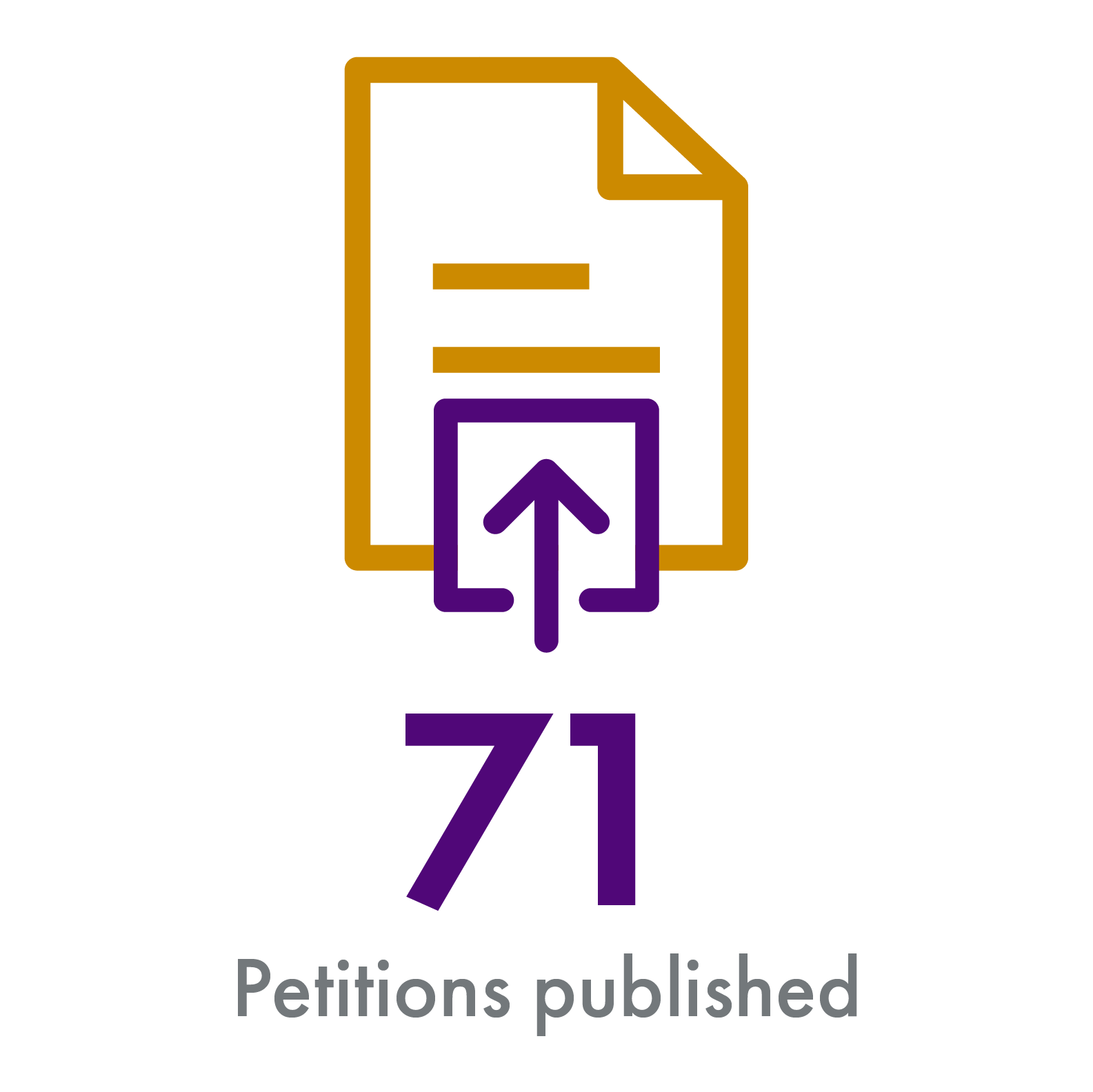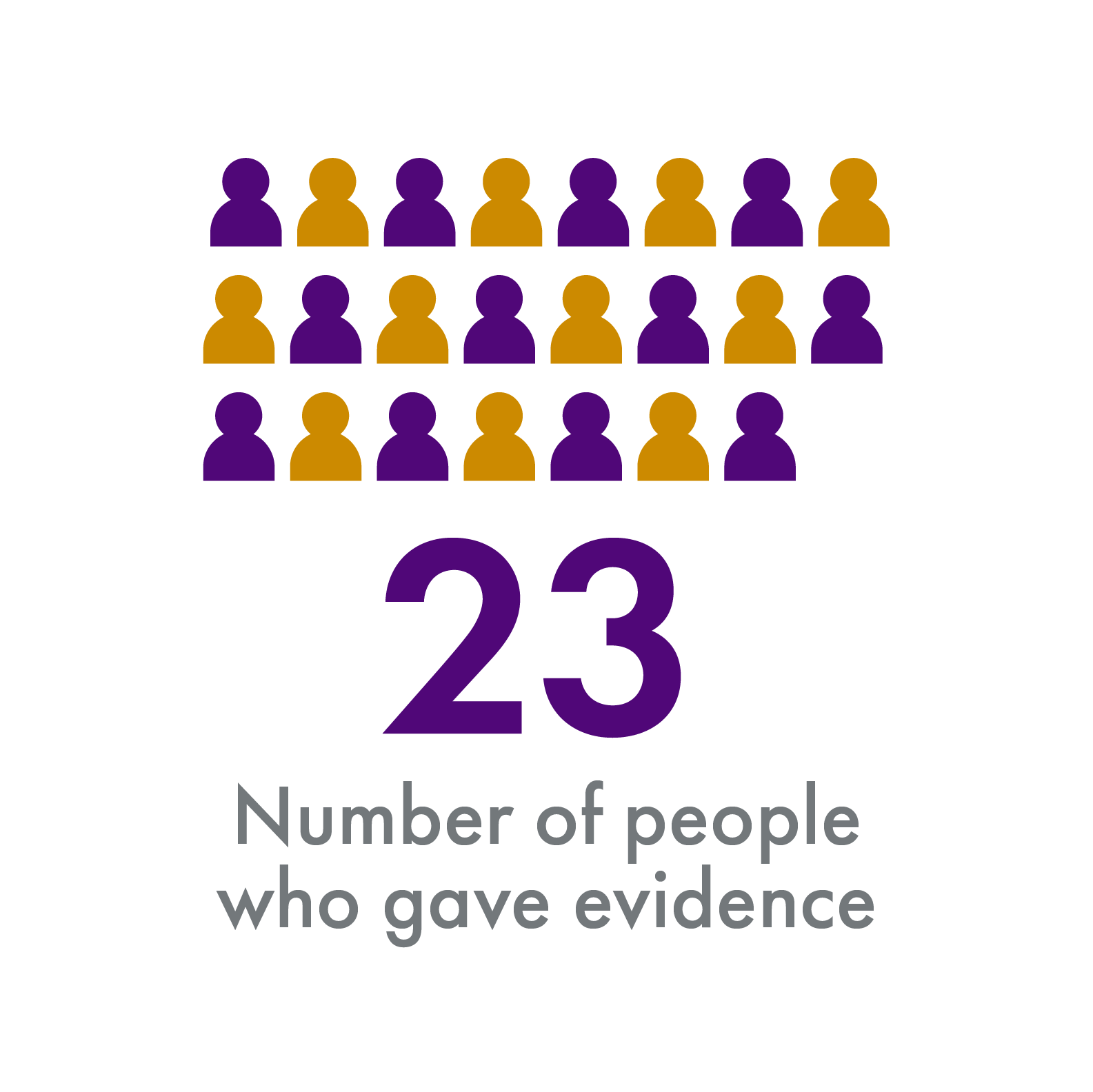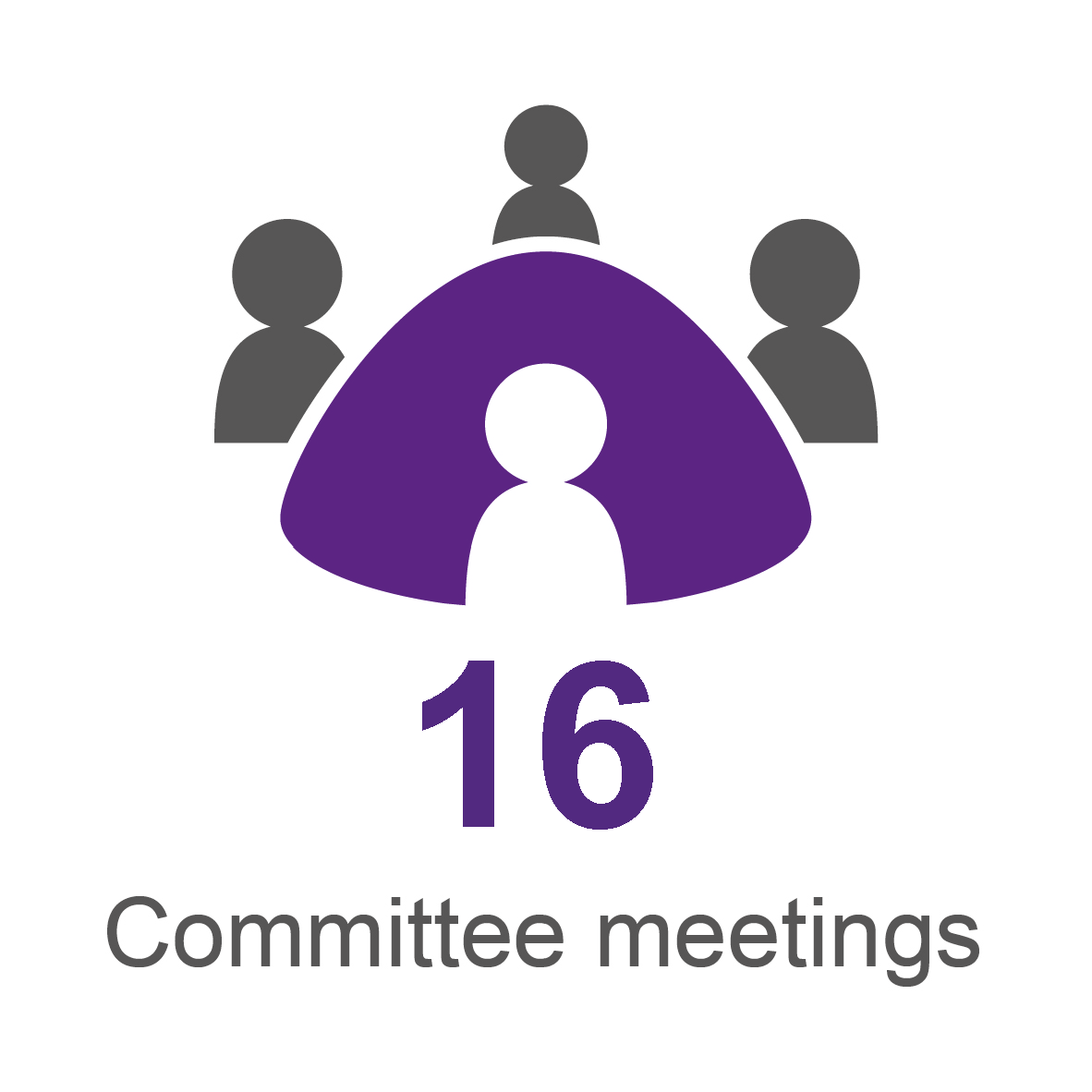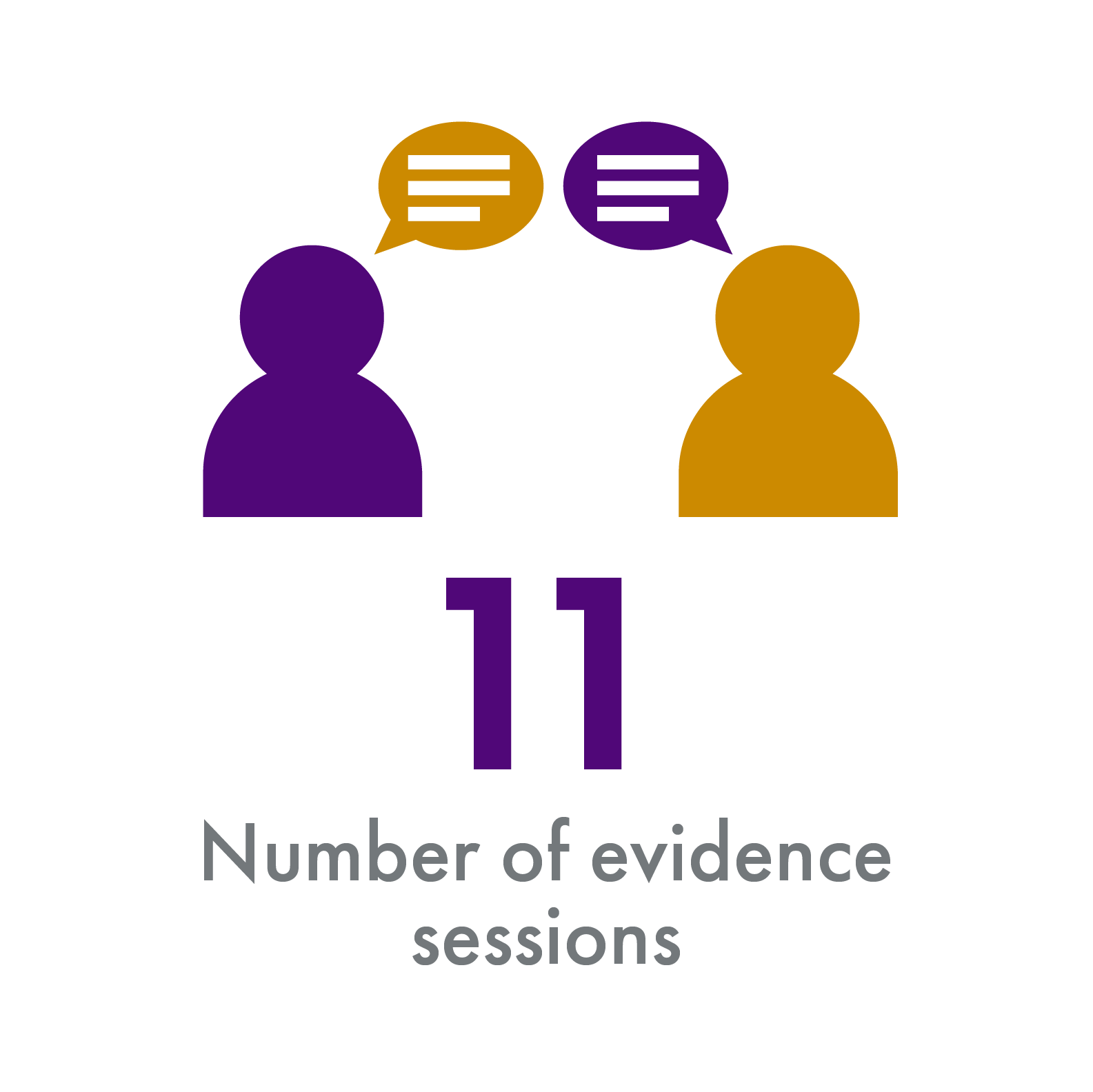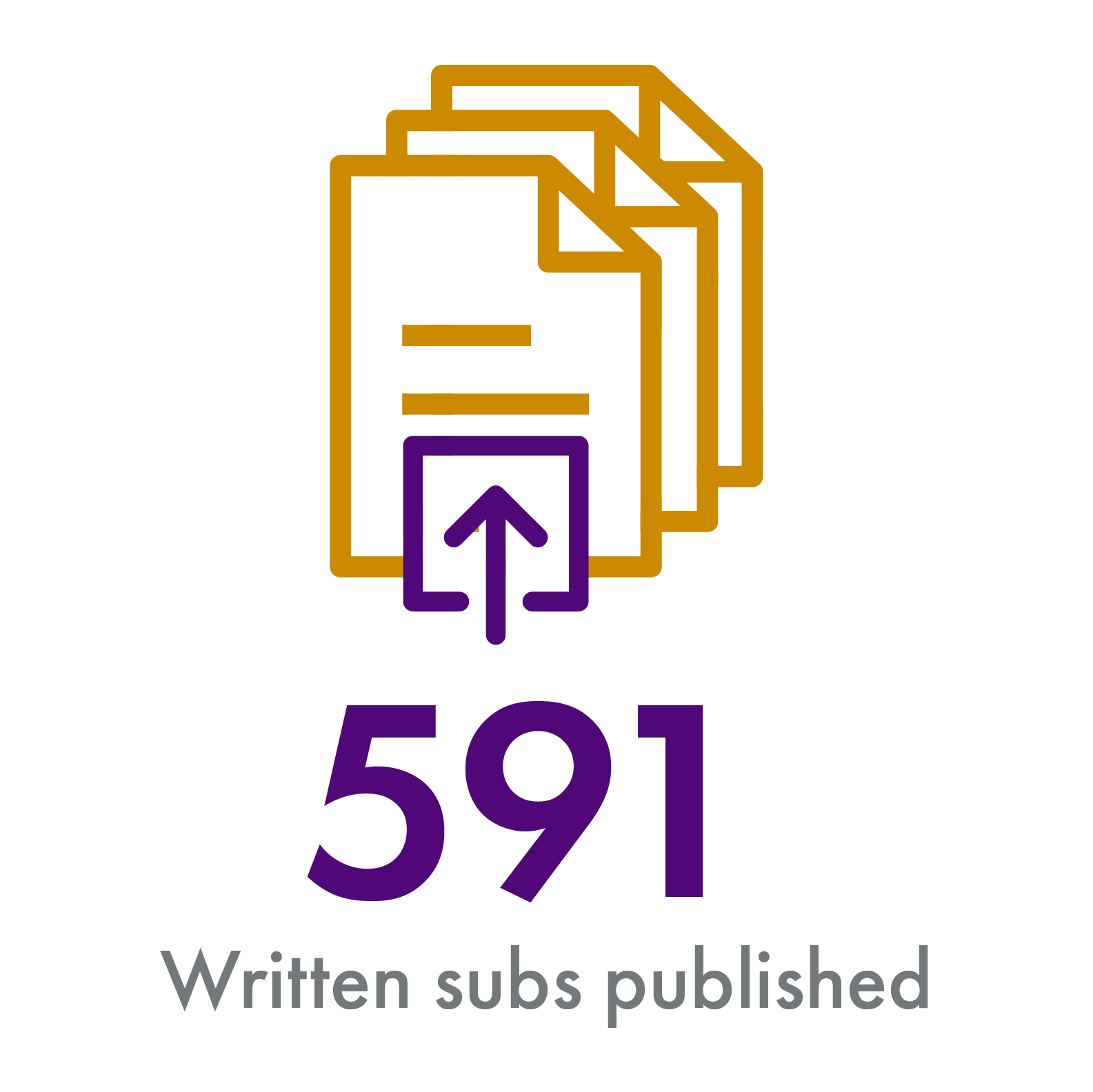Citizen Participation and Public Petitions Committee
Citizen Participation and Public Petitions Committee Annual Report 2021-22
Introduction
This report covers the work of the Citizen Participation and Public Petitions Committee during the parliamentary year from 13 May 2021 to 12 May 2022.
Over that period the Committee considered public petitions addressed to the Scottish Parliament, and explored its extended remit, while continuing to adapt to the challenges presented by Covid-19.
The Committee met on 16 occasions over the year, virtually, in hybrid form and in-person. The majority of the Committee's work is considered in public.
Membership changes
Previous Members of the Committee during the Parliamentary year–
Tess White MSP left the Committee on 06 October 2021 and was replaced by Alexander Stewart MSP.
Bill Kidd MSP left the Committee on 19 January 2022 and was replaced by Ruth Maguire MSP.
Ruth Maguire MSP left the Committee on 20 April 2022 and was replaced by Fergus Ewing MSP.
The work of the Committee - Citizen Participation
At the start of the Parliamentary session the remit of the Committee was extended to include citizen participation.
Over the course of this year, the Committee has been considering its extended remit and how the Scottish Parliament should embed citizen participation, including deliberative engagement.
The Committee launched an inquiry at the start of May 2022 to ensure that the Scottish Parliament's work involves, reflects and meets the needs of the full range of communities it represents.
This inquiry is seeking to understand why some individuals and groups are more closely involved in the Scottish Parliament's work than others, and why some are not involved at all.
This includes, but is not limited to, disabled people, people from minority ethnic groups and people living on a low income.
The inquiry will help us critically analyse the way in which the Parliament currently operates, including establishing where there are barriers to individuals and communities becoming involved in our work and establishing innovative ways for us to engage in the future.
It is the first stage in a wider, long-term project which will look at how citizen participation can be embedded across the Scottish Parliament.
The Committee also took evidence from members of the Scottish Government Institutionalising Participatory and Deliberative Democracy Working Group on its report to the Scottish Government, which was published in March 2022.
The Committee considered the recommendations to make Scotland's democracy more participative and inclusive and plans to meet with the Minister for Parliamentary Business on the Scottish Government's response to the report early in the new parliamentary year.
The work of the Committee - public petitions
During the Parliamentary year from 13 May 2021 to 12 May 2022, the Committee met on 16 occasions and considered a total of 68 new petitions on a diverse range of issues.
71 new petitions were published in total and those which have not yet been considered by the Committee will be scheduled for consideration in the next parliamentary year.
15 new Petitions were submitted by groups or organisations and 56 were submitted by individuals.
The Committee has received SPICe briefings and advanced views from the Scottish Government on all new petitions. This has allowed the Committee to make informed decisions on new petitions at their first consideration.
This approach has worked well, and the Committee is grateful to the Scottish Government for engaging positively with these requests for information.
The majority of the information gathered by the Committee is through written submissions from—
the Scottish Government
petitioners
members of the public
relevant organisations with an interest in the petition.
The Committee received 591 written submissions during the Parliamentary year.
The Committee has also heard oral evidence on petitions. During the parliamentary year, evidence sessions were conducted both virtually and in person. This enabled the Committee to hear from a wide range of people and organisations from Scotland and beyond. The Committee heard from 23 people over 7 evidence sessions.
This parliamentary year the Committee took evidence on the following petitions:
PE1804: Halt Highlands and Islands Airports Ltd.'s Air Traffic Management Strategy, lodged by Alasdair MacEachen, John Doig and Peter Henderson, on behalf of Benbecula Community Council. The Committee heard evidence from one of the petitioners, from Prospect and from Highlands and Islands Airports Ltd.
PE1812: Protect Scotland's remaining ancient, native and semi-native woodlands and woodland floors, lodged by Audrey Baird and Fiona Baker. The Committee took evidence from the petitioners, from a round-table of stakeholders and from the Minister for Environment and Land Reform.
PE1837: Provide clear direction and investment for autism support, lodged by Stephen Leighton. The Committee took evidence from the Minister for Mental Wellbeing and Social Care.
PE1865: Suspend all surgical mesh and fixation devices, lodged by Roseanna Clarkin and Lauren McDougall. The Committee heard from the Minister for Public Health, Women's Health and Sport and from the Chief Surgeon at Shouldice Hospital in Canada.
PE1896: Provide every primary school child in Scotland with a reusable water bottle, lodged by Callum Isted. The Committee took evidence from the petitioner, Callum Isted, who at the age of seven is the Parliament's youngest petitioner, and from his father, James Isted.
PE1905: Public inquiry into the response of religious organisations to allegations of child sexual abuse since 1950, lodged by Angela Cousins. The Committee took evidence from the petitioner.
The Public Petitions system
The Committee has a remit to 'keep under review the operation of the petitions system'.
A new petitions system was launched at the start of the parliamentary year. This seeks to improve the accessibility and efficiency of the petitions process. In doing so it will ensure that website content is user-centred, easily located, consistent and accessible.
The system is supported by guidance on the rules for admissible petitions and the petitions process.
The Committee is keeping the operation of this system under review and will be considering how best to capture the experience of petitioners, and consider who is, and is not, petitioning the Parliament, over the coming year.
Equalities and Diversity
The Committee is keen to ensure that the petitions process is made accessible to the widest range of people.
To achieve this, the Committee seeks to remove any barriers that may prevent people creating a petition and to regularly review who is, and who is not, petitioning the Scottish Parliament, alongside exploring why this might be the case.
In addition to the review of the Public Petitions System, the Committee's Citizen Participation inquiry will inform the Committee's understanding of and take actions to enhance the diversity of those engaging with the Committee and with the Parliament.
The Committee receives petitions on a diverse range of issues concerning equality within society and ensures they are given a platform to be considered.
Examples from the past year include—
PE1837: Provide clear direction and investment for autism support
PE1866: Introduce legislation to improve bus travel for wheelchair users
PE1867: Establish a new national qualification for British Sign Language (BSL)
PE1913: Fast-track future Adult Disability Payment applications for people undergoing cancer treatment.
Annexe - New Petitions Received
PE1865: Suspend all surgical mesh and fixation devices
PE1866: Introduce legislation to improve bus travel for wheelchair users
PE1867: Establish a new national qualification for British Sign Language (BSL)
PE1868: Support for working single parents
PE1869: Make it law for railway stations to have step free access
PE1870: Ensure teachers of autistic pupils are appropriately qualified
PE1871: Full review of mental health services
PE1872: Improve the reliability of island ferry services
PE1873: Provide hypnotherapy for the treatment of mental health, psychosomatic disorders and chronic pain
PE1874: Introduce legislation to create artillery and firearms exclusion zones around places of spiritual importance and religious worship
PE1875: Public inquiry into the Scottish Qualifications Authority
PE1876: Accurately record the sex of people charged or convicted of rape or attempted rape
PE1877: Provide body cameras for all frontline NHS staff
PE1878: Investigate prosecutions under the Mental Health (Care and Treatment) (Scotland) Act 2003
PE1879: Provide an accessible and professionally developed learning and teaching resource on Israel and Palestine
PE1880: Introduce awareness and practical experience of litter picking and waste separation into the school curriculum
PE1881: Longer sentences for paedophiles and sexual predators
PE1882: Remand anyone charged with a sexual offence against a child
PE1883: Open all toddler and baby activities within Tier 3 of COVID-19 /future pandemic lockdowns
PE1884: Make whole plant cannabis oil available on the NHS or alternative funding put in place
PE1885: Make offering Community Shared Ownership mandatory for all windfarm development planning proposals
PE1886: Establish a specialist paediatric liver centre in Scotland
PE1887: Create an Unborn Victims of Violence Act
PE1888: Full legal protection for hedgehogs and moles
PE1889: Financial support for self-employed people in the travel industry
PE1890: Find solutions to recruitment and training challenges for rural healthcare in Scotland
PE1891: Make swimming lessons a statutory requirement in the primary school curriculum
PE1892: Introduce a law that makes attacks by one dog on another dog a crime
PE1893: Introduce legislation to protect Scotland's war memorials
PE1894: Permit a medical certificate of cause of death (MCCD) to be independently reviewed
PE1895: Mandatory accountability for Nature Scotland's decision making procedures
PE1896: Provide every primary school child in Scotland with a reusable water bottle
PE1897: Reform certain of the procedures for the collection of Council Tax
PE1898: Make entering someone’s home without their permission or warrant a crime
PE1899: Conduct a risk benefit analysis prior to providing those under 16 with Covid-19 vaccination
PE1900: Access to prescribed medication for detainees in police custody
PE1901: Replace the voting system for the Scottish Parliament with a more proportional alternative
PE1902: To allow an appeal process for Community Participation Requests
PE1903: Ensure Scottish vaccine volunteers are given the same rights as those who received an NHS vaccine.
PE1904: Change Scots law to disqualify estranged spouses from making claims on an estate
PE1905: Public Inquiry into the response of religious organisations to allegations of child sexual abuse since 1950
PE1906: Investigate options for removing and reducing the impact of the central Glasgow section of the M8
PE1907: Provide funded early learning & childcare for all 2 year olds in Scotland
PE1908: Review the impact of the vaccine passport regulations
PE1909: Remove the "gender-based crime" domestic abuse narrative and make it gender neutral and equal
PE1910: Amend the forthcoming legal requirement to have interlinked fire and smoke alarms in small houses
PE1911: Review of Human Tissue (Scotland) Act 2006 as it relates to post-mortems
PE1912: Funding for council venues
PE1913: Fast-track future Adult Disability Payment applications for people undergoing cancer treatment
PE1914: Ban school uniforms in secondary schools
PE1915: Reinstate Caithness County Council and Caithness NHS Board
PE1916: Request a public inquiry into the management of the rest and be thankful project
PE1917: Provide full legal aid to all parents fighting for access to their children
PE1918: Improve sex education in schools
PE1919: Ban the sale of high caffeine products to children for performance enhancement
PE1920: Introduce more thorough follow-up care for women with diabetes
PE1921: The Scottish Government must confirm that it will not introduce voter ID in devolved elections
PE1922: Cancel all Local Authority expenditure on Gaelic expansion
PE1923: Align the Higher rate tax threshold to £37,501 in line with the rest of the UK
PE1924: Complete an emergency in-depth review of Women's Health services in Caithness & Sutherland
PE1925: Bring the HGV speed limit on major trunk roads to 50mph in line with other parts of the UK
PE1926: Expand universal free school meals for all nursery, primary and secondary school pupils
PE1927: Install CCTV cameras in all additional support needs schools
PE1928: Provide free rail travel for disabled people who meet the qualifications for free bus travel
PE1929: To run an advertising campaign to raise public awareness of the forthcoming pavement parking ban
PE1930: Ensure customers are always given information on cheapest possible fare in new Scotrail contract
PE1931: Improve the R100 rollout by prioritising properties who currently have speeds of less than 5 Mbps
PE1932: Ban smoking in Scotland and develop a strategy for vaping
PE1933: Allow the Fornethy Survivors to access Scotland’s redress scheme
PE1934: Develop an educational resource on gender-based violence for all year groups in High School.
PE1935: Create an Independent Committee to judge whether Scottish Ministers have broken the Ministerial Code
